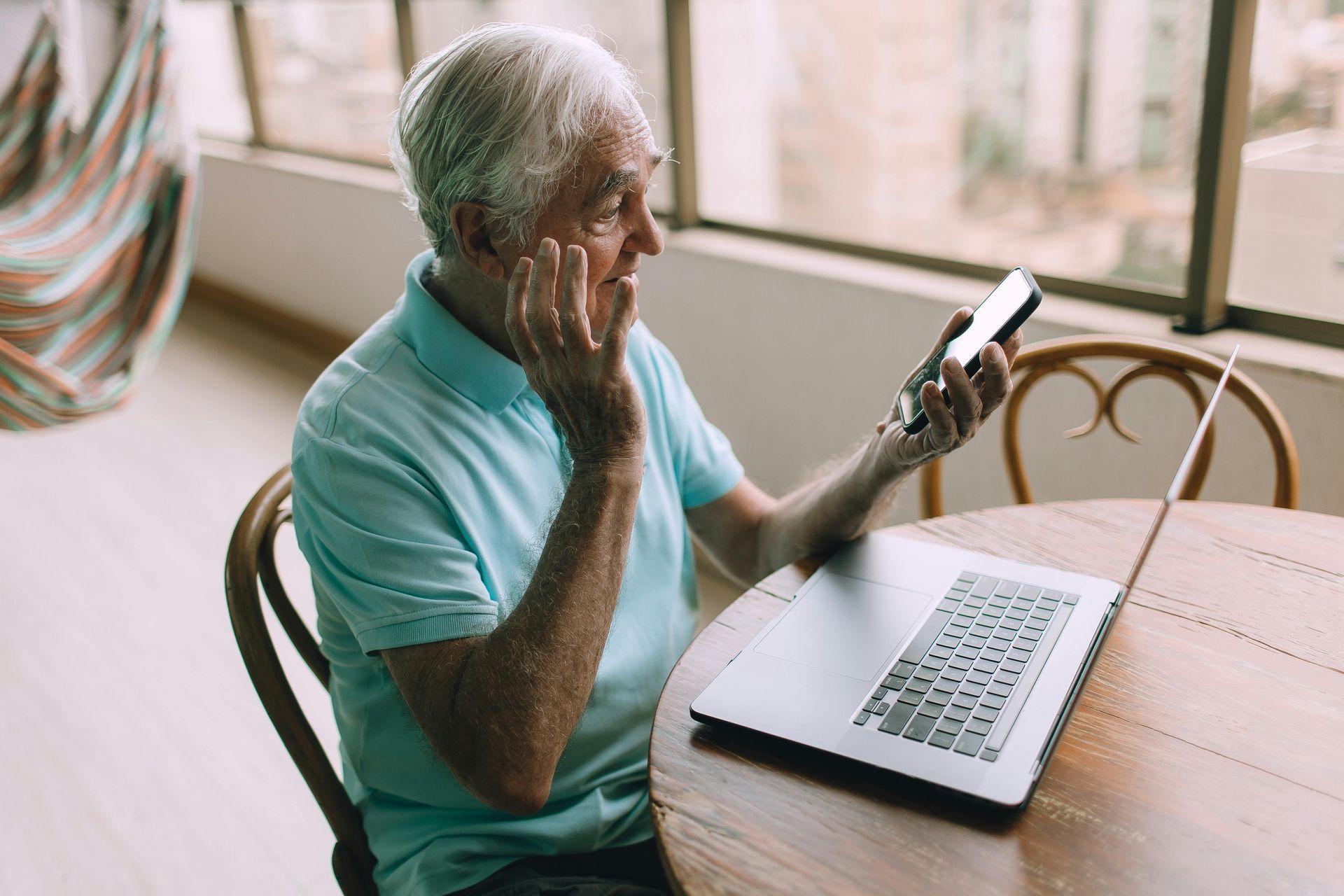The Vital Role of Social Engagement in Senior Well Being
Physical, Mental and Emotional Health for Seniors

As we age, maintaining social connections becomes increasingly vital for our overall well-being. For seniors, social engagement isn't just about having pleasant conversations; it plays a pivotal role in physical, mental, and emotional health. In this blog post, we'll explore the importance of social engagement for seniors and provide some practical tips to help foster meaningful connections in the golden years.
1. Boosting Mental Health:
Social interaction stimulates the mind and helps ward off cognitive decline. Engaging in conversations, participating in group activities, or even playing board games with friends can keep the brain active and sharp. This mental stimulation is crucial for preventing conditions like dementia and Alzheimer's disease. Moreover, socializing often leads to laughter and enjoyment, which release endorphins – the body's natural mood lifters. By engaging socially, seniors can maintain a positive outlook on life, reduce the risk of depression, and enhance their emotional well-being.
2. Enhancing Physical Health:
Believe it or not, social engagement can have a positive impact on physical health as well. Regular social interactions encourage seniors to stay active and mobile, which is essential for maintaining physical strength and flexibility. Whether it's walking with a friend, dancing, or participating in group exercise classes, staying socially connected often goes hand-in-hand with staying physically active. Additionally, strong social networks can provide a support system for seniors, ensuring they have help when needed, whether it's with transportation, chores, or even adhering to a medication regimen.
3. Fostering a Sense of Purpose:
Social engagement gives seniors a sense of purpose and belonging. It's not uncommon for individuals to feel isolated or lonely as they age, especially if they've experienced significant life changes like retirement or the loss of a spouse. Engaging with others in their age group or community activities provides opportunities to make new friends and build relationships. These connections can lead to a renewed sense of purpose, as seniors feel valued and appreciated for their contributions within their social circles.
In conclusion, social engagement is a vital component of senior well-being. It has far-reaching benefits, from boosting mental and physical health to fostering a sense of belonging and purpose. Seniors and their caregivers should prioritize social activities, whether through community programs, clubs, or simply spending quality time with loved ones. By staying socially engaged, seniors can lead happier, healthier lives in their golden years.









